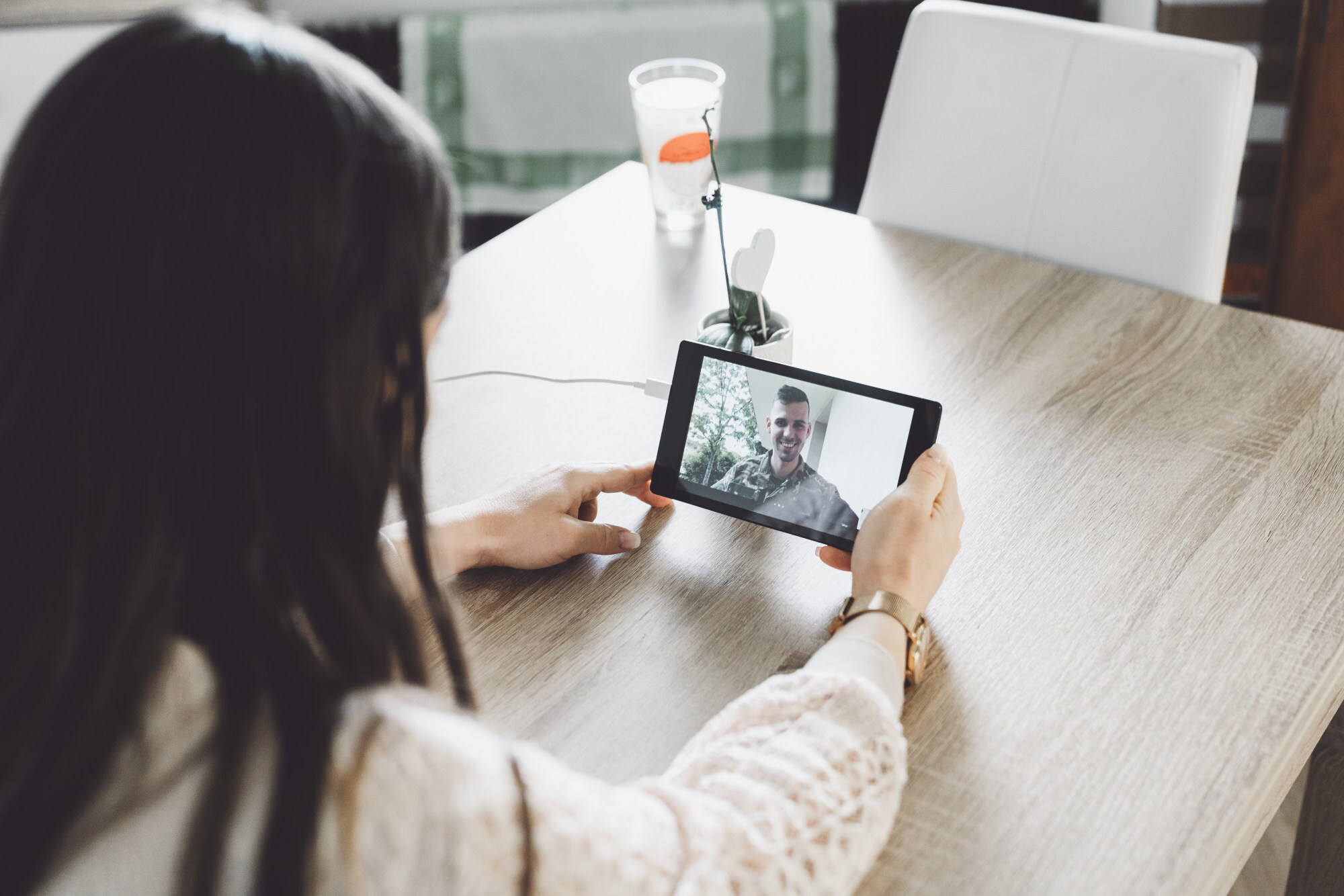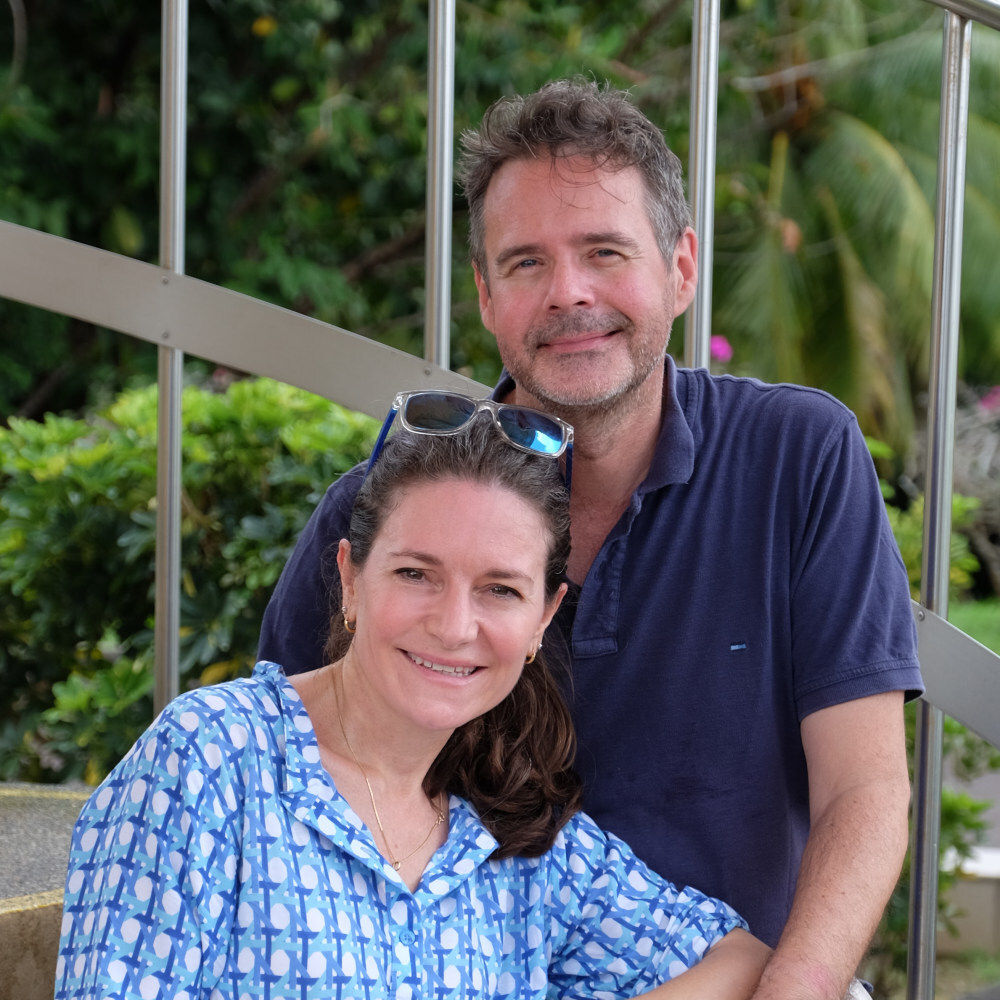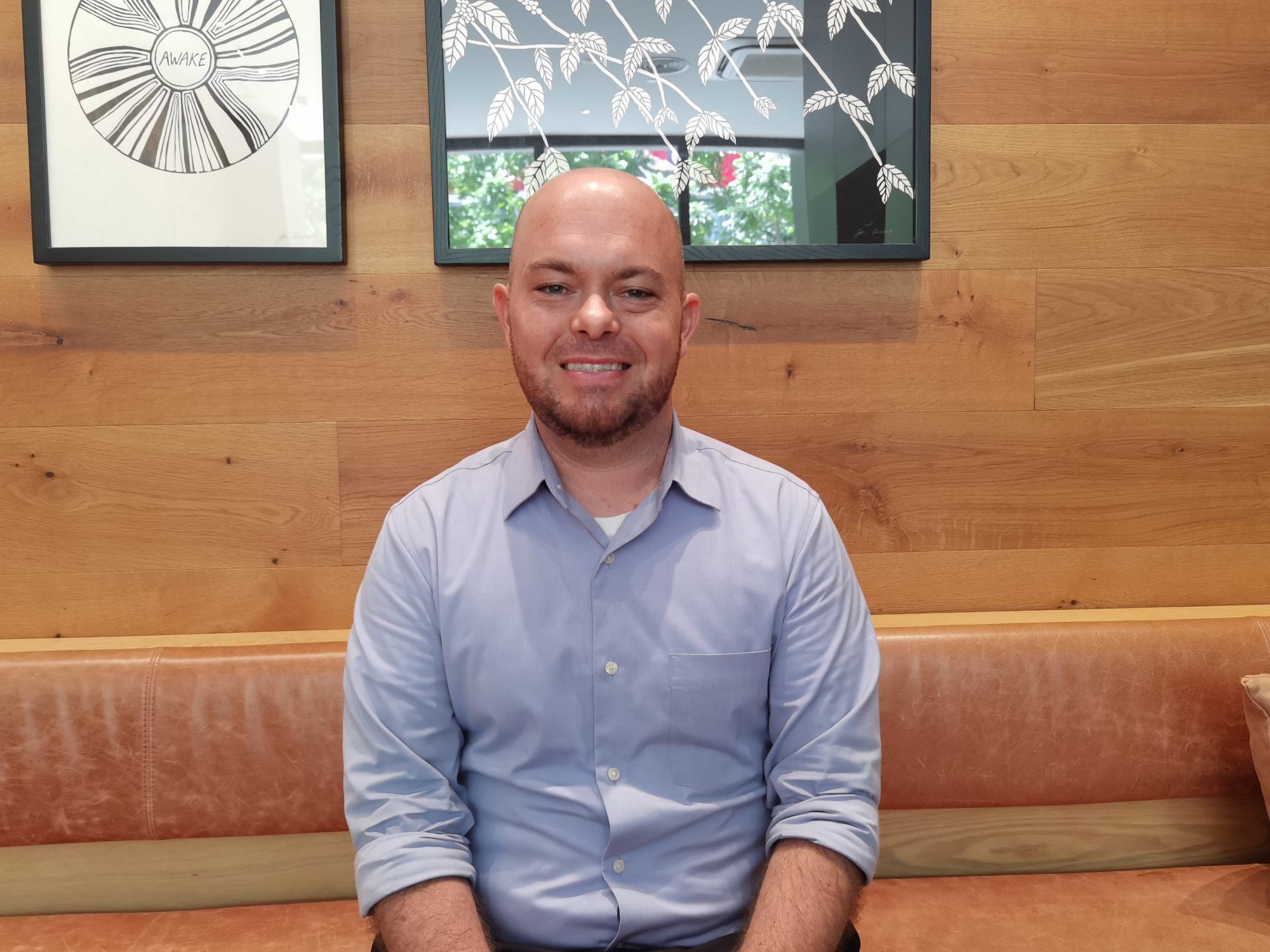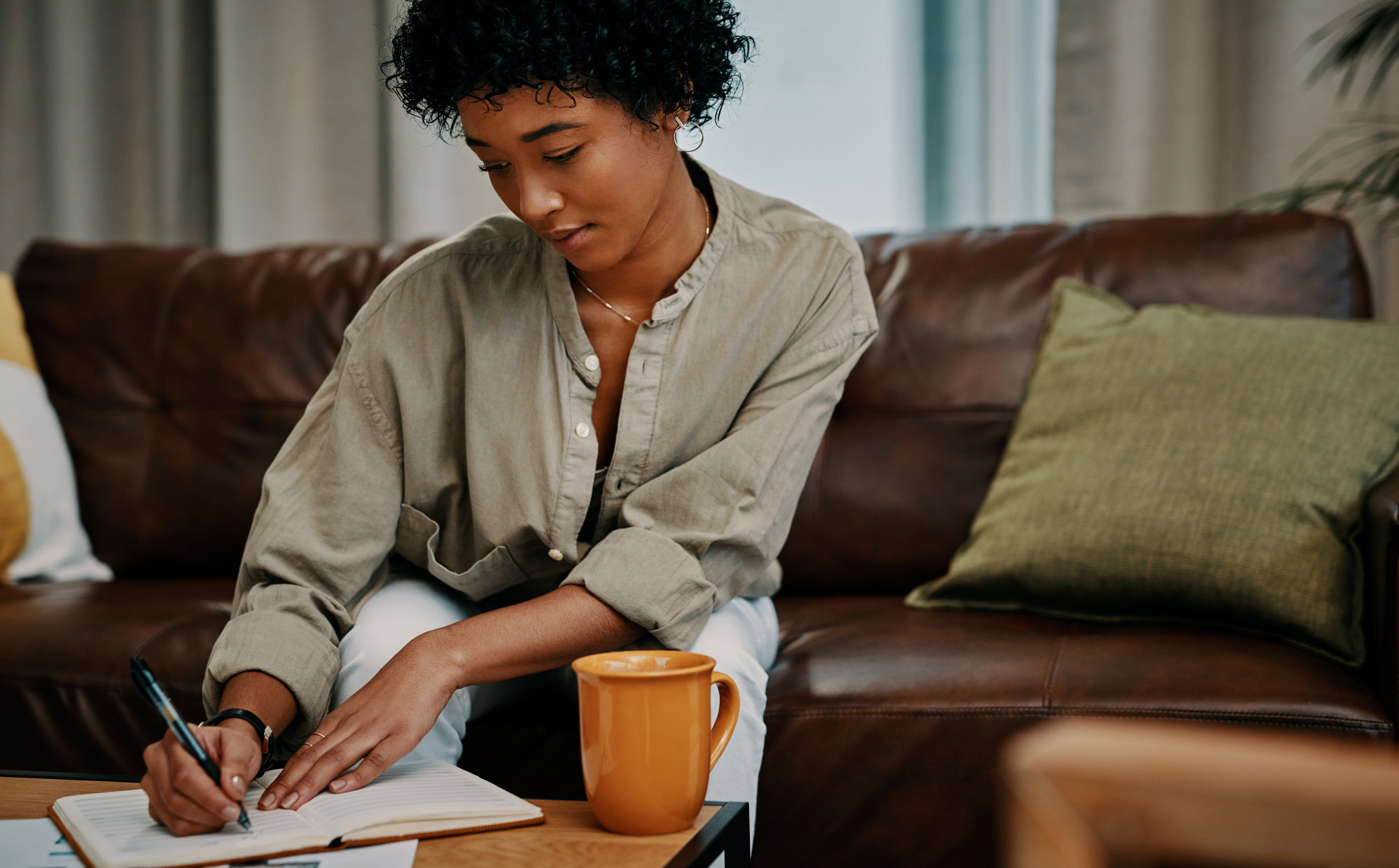
Couples forced into long-distance relationships by coronavirus pandemic describe how they stay involved in each other’s daily lives and keep the fires burning
- Two couples decided they had to be apart for the sake of their children’s education, a third have business obligations. They describe how they stay connected
- The ability to communicate and feel an attachment from a distance is key, says a couples counsellor. So is trust, says one wife whose husband is still in Asia
Celine Suiter, a Singapore-based photographer and long-term expat, has not seen her husband since September 23, 2020, when he left to take up a new position in France.
“An IB [International Baccalaureate] programme at a top school was very important to both our son and to us – and since we know there is a time limitation on it, we decided to live separately for a while so that he could graduate from his amazing school in Singapore,” says Jeff Suiter, 52.

Couples therapist Adam Rose, based in Shenzhen, southern China, over the border from Hong Kong has had numerous client couples living in separate countries for months at a time – not only during the pandemic, but also because of life or career transitions.
Rose believes that the defining factor for success in long-distance marriages and relationships is the ability to communicate and feel an attachment even from a distance. “No matter our location, we can still feel connected emotionally if we are speaking to each other in meaningful ways and driving our thoughts toward our alliance in a proactive way,” he says.
What’s the key to better sleep and less stress? It’s how you breathe
Charissa Chan, 37, and Sam Lynn, 43, have been in a long-distance relationship since they met in Hong Kong nine years ago, and they are used to being apart. But the couple – now living in Shanghai and London respectively – have not seen each other since Christmas 2019, and the pandemic has forced them to connect in new ways.
On a spiritual level, Lynn is using breathing techniques to allow his mind to reflect on positive things, focus on his partner and intimate thoughts that take him back to her. “It also helps that I sleep with Charissa’s scarf on my pillow and I tend to cling to every detail of her daily life. I would be happy if she sent me pictures of every meal she ate,” says Lynn.

In Singapore, Suiter is keeping busy with photography, volunteer work, get-togethers with her weekly walking group and outrigger canoe team – and the weekly phone call with her best friend.
She and her husband try to be as involved in each other’s lives as much as possible. Whenever people ask her what it’s like to be solo parenting, Celine Suiter replies: “I’m not solo parenting. My husband is very present, even if not physically.” He has not yet missed an online school meeting or parent-teacher conference.
The couple also like to surprise each other. “We recently celebrated our 23rd wedding anniversary and Jeff sent me flowers. He is always very thoughtful, more so than I,” says Suiter. She does, however, enjoy making photo collages and creative artwork that represents their lives together and she recently surprised her husband by sending him on a discovery tour around Paris that she found online.
Social media chat groups make for happier families, survey finds
At the beginning of their separation, the Suiters called each other at a fixed time every day or week – “but now we’re more spontaneous about it so there are days where we send 50 messages to each other but also days where I tell my husband that I don’t have anything new to tell him,” says Suiter.
Chan has experienced feeling frustrated and emotional during phone calls with Lynn. “We spoke about the possibility of Sam coming back to China last year in August, then September, then November – and now we just don’t talk about it any more because it remains virtually impossible” says Chan.

Lynn believes that couples have to remember to listen to each other. “Charissa is the person I turned to first for advice and support when we were close together, and while the distance shouldn’t change that, it is very easy to take more than you give back when sharing problems, so I realised I hadn’t given Charissa space to air her own problems,” he says.
So they made the tough call that Simoni and her sons would move back to Denmark for three months.
Now living in a rental home in Denmark and with her children attending Danish schools, their stay has been extended. Despite missing her husband, Simoni, a paediatric health worker, has found peace in the situation and has embarked on a degree in nutrition.
How 21-day quarantine damages mental health, with long-lasting effects
She sometimes feels frustrated when her husband wants a say in the new “systems” she has put in place for her and her sons’ daily lives in Denmark. “But of course, I get it. My husband is paying the price, missing out on so much, so I think it’s normal for him to fear that he might lose touch with our day-to-day lives,” she says.
According to Rose, it can be very difficult to feel a secure alliance while partners are living in different places and engaged in separate activities. He says that trust is an important issue to address.
Simoni believes that after 19 years together, her marriage will stay the course. “But we have talked about trust issues and the pitfalls of infidelity that we have witnessed as expats over the years,” she says.

Suiter says that had she and her husband not trusted each other 100 per cent, they would never have decided to live in separate countries. “Someone told me at the beginning of our expat life that ‘just like a baby will not save a marriage, going on an expat posting won’t help a weak marriage as it exacerbates all the problems’,” she says.
Chan and Lynn have addressed trust issues by introducing each other to the people surrounding them at their new location.
“When possible, get others on video chat too, eliminate the fear of the unknown by being as open and inclusive about your life as possible – share your plans with your partner in detail,” suggests Lynn.
Six tips on maintaining a happy marriage – yes, good sex is one
Adam Rose’s tips for feeling closer together when separated
Shared journals or synced online note platforms that each partner contributes to are a great way for couples to bond together.
Sharing and writing down how you’re feeling is good practice. Your partner knows you had to work, but which part of the day was most satisfying? Was it uniquely challenging? And how did it feel to face those difficulties without your partner’s familiar, reassuring presence?

Each partner can think of a few times in their life when they felt most at peace, most seen, understood, loved and cared for during their relationship. If you have items or photos that help you recall those moments, use them as a tangible anchor.
They can help you to remember that your partner is there for you and thinking of you despite the distance that separates you.

